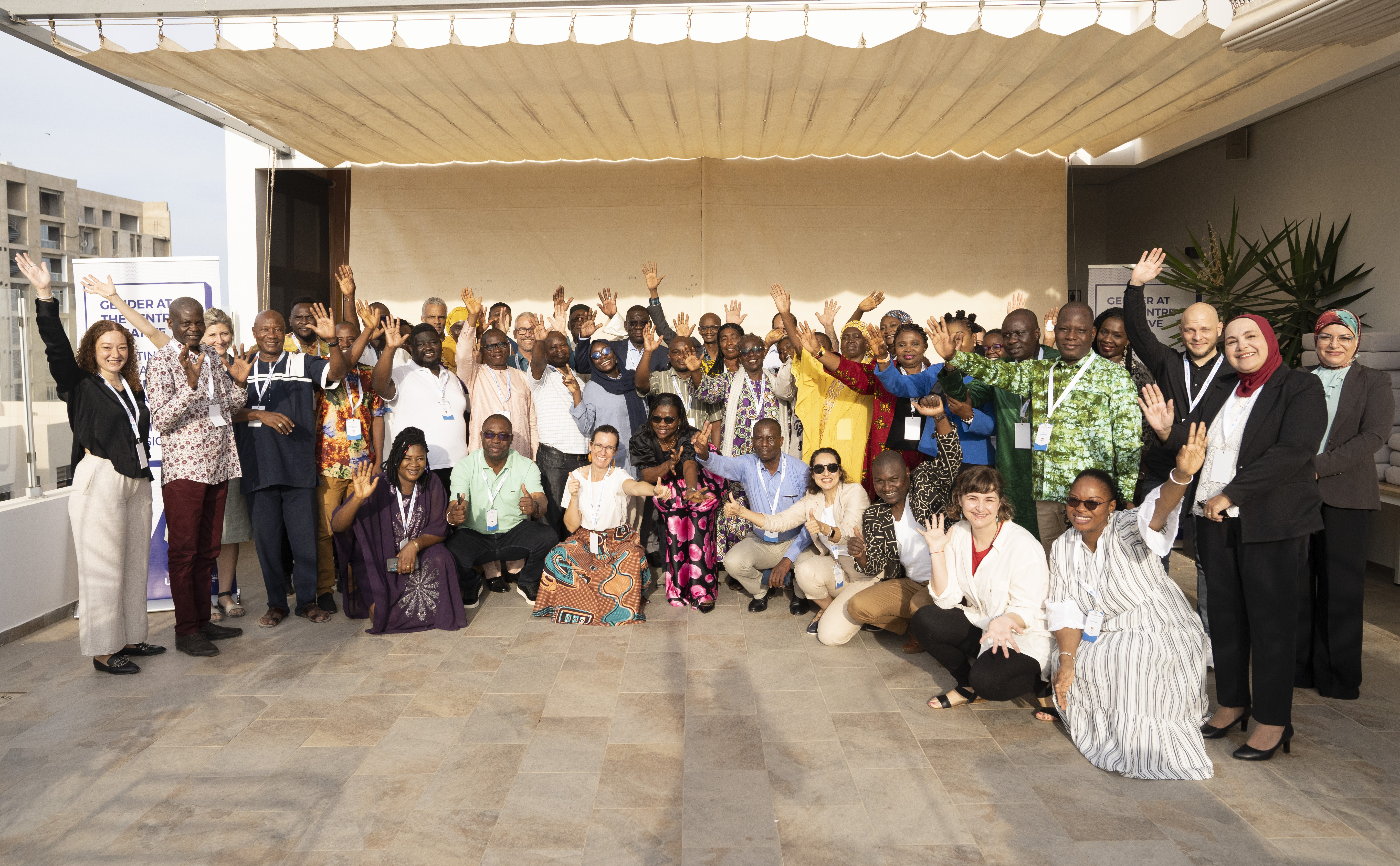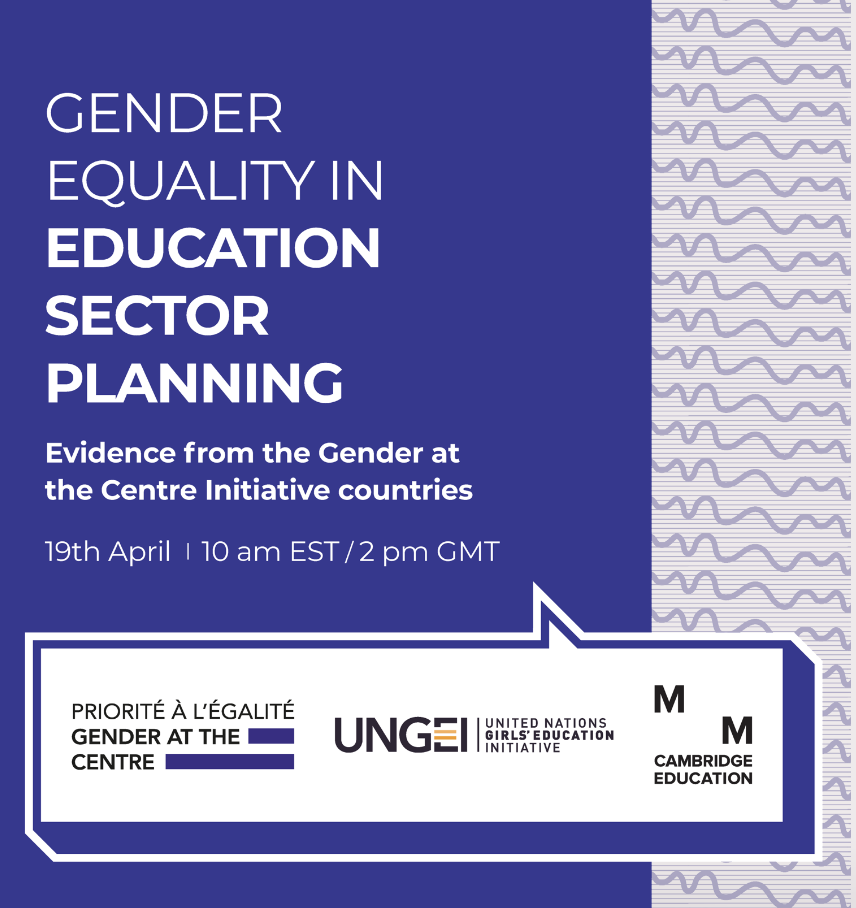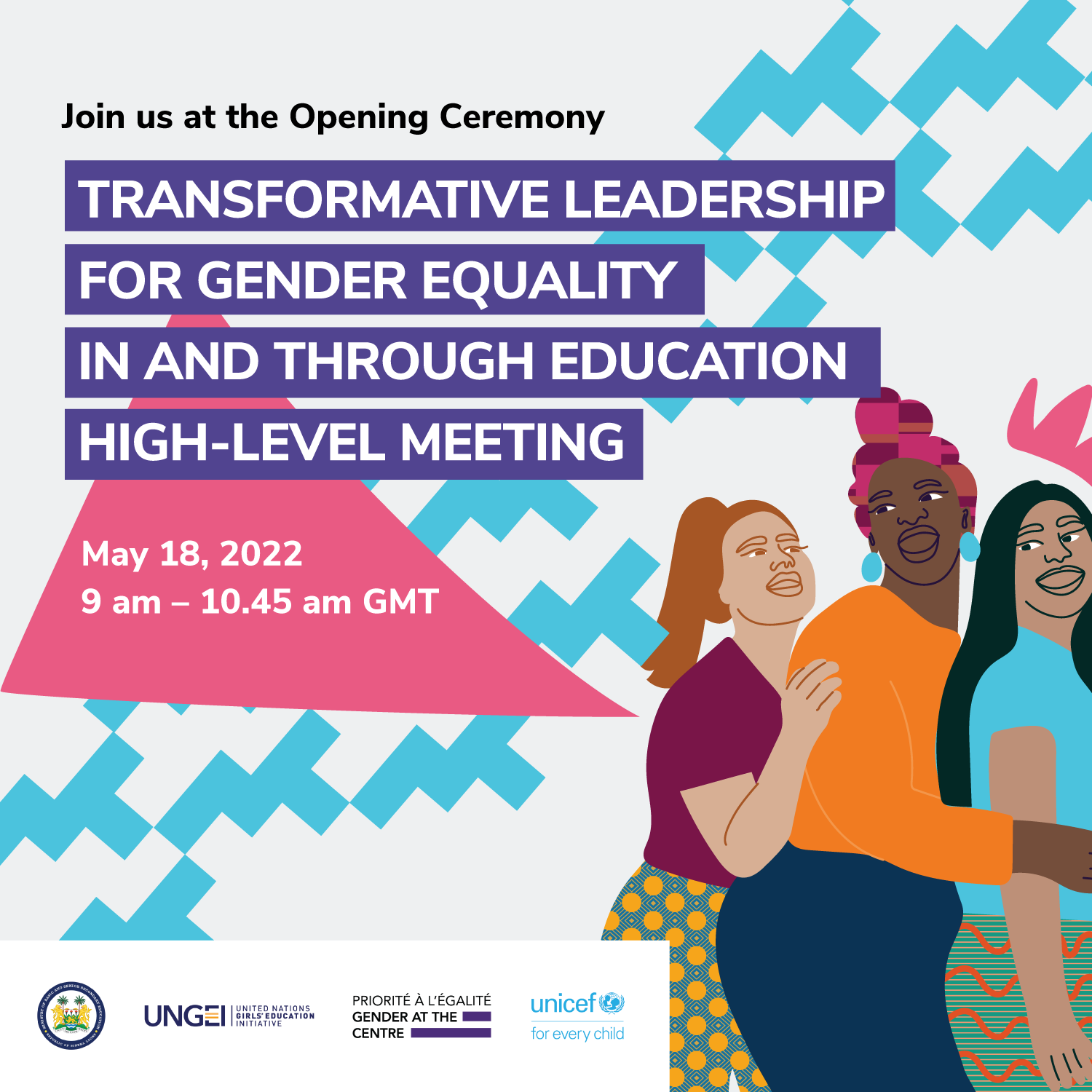In December 2023, a group of 52 education actors from 8 African countries engaged on a collective journey towards gender-transformative education. What started with a 4-day workshop on Gender-Responsive Education Sector Planning (GRESP), as part of the Gender at the Centre Initiative (GCI), evolved into concrete policy and planning actions at the country level, together with a sustained effort to build community.
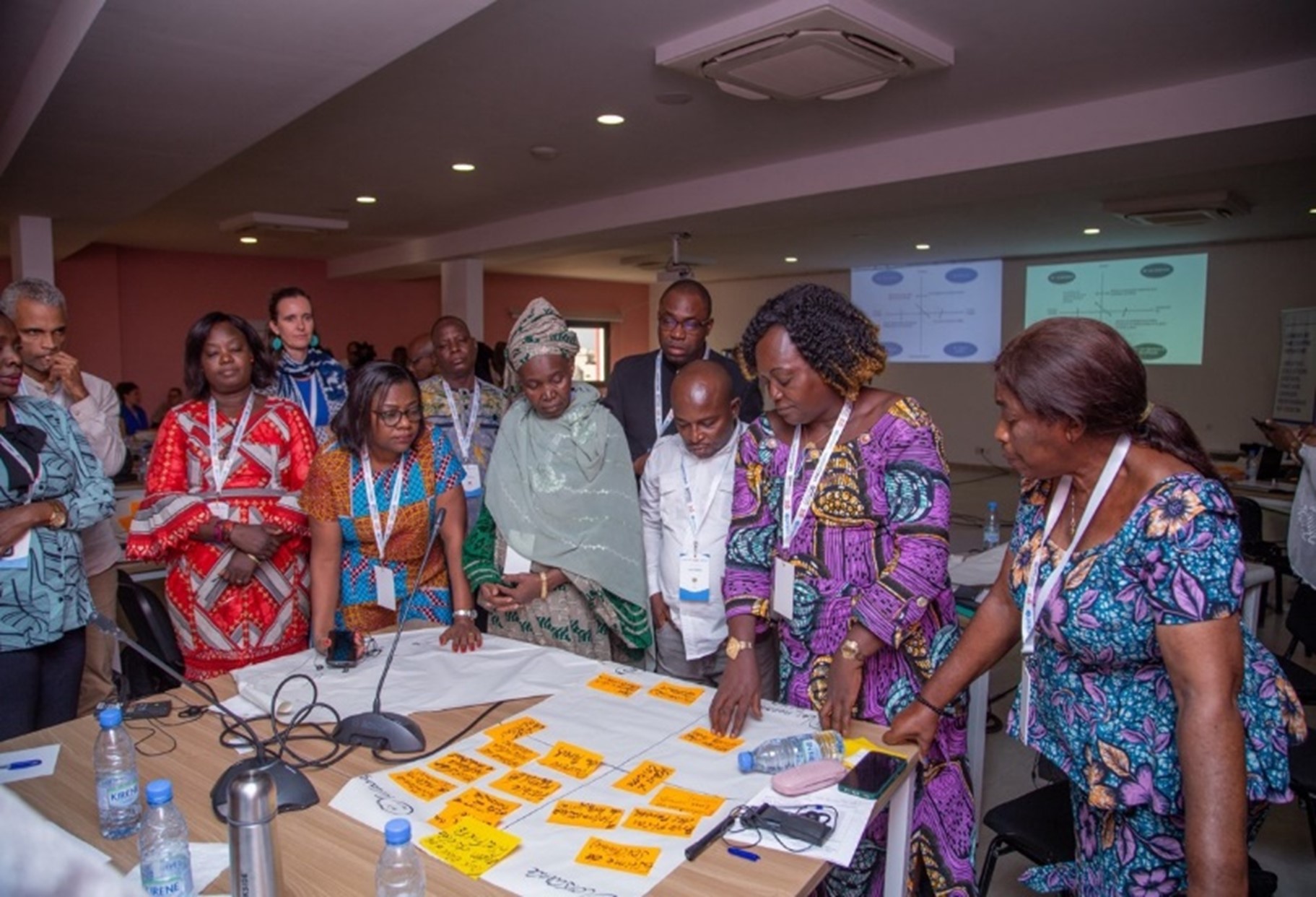
A catalytic meeting
The GRESP workshop in Dakar (Senegal), funded by the German Federal Ministry for Economic Cooperation and Development (BMZ) and co-organized by UNGEI, GIZ (Deutsche Gesellschaft für Internationale Zusammenarbeit GmbH), UNICEF, Gender at Work, and the Global Partnership for Education (GPE), brought together participants from both GCI member and non-member countries, including Burkina Faso, Mali, Nigeria, Central African Republic, Republic of Congo, Egypt, Liberia, and Malawi. Each national delegation, composed of education ministry officials, GPE coordinating agency members, and civil society representatives, was invited to analyze gender inequalities in their specific context, reflect on appropriate strategies and develop a joint action plan to integrate gender equality in education plans and policies. Participants appreciated the combination of personal commitment building, cross-country sharing and the joined-up national teams with their own accountability (i.e. government, multilateral, civil society are all important actors with a critical role to play). They noted that developing action plans together in a multi-stakeholder national team helped them understand and appreciate the interconnectedness of the work. The 4 days spent together were a unique opportunity for government officials, technical partners and civil society actors to work together and strengthen their relationships in a way that is not always possible ‘back home’.
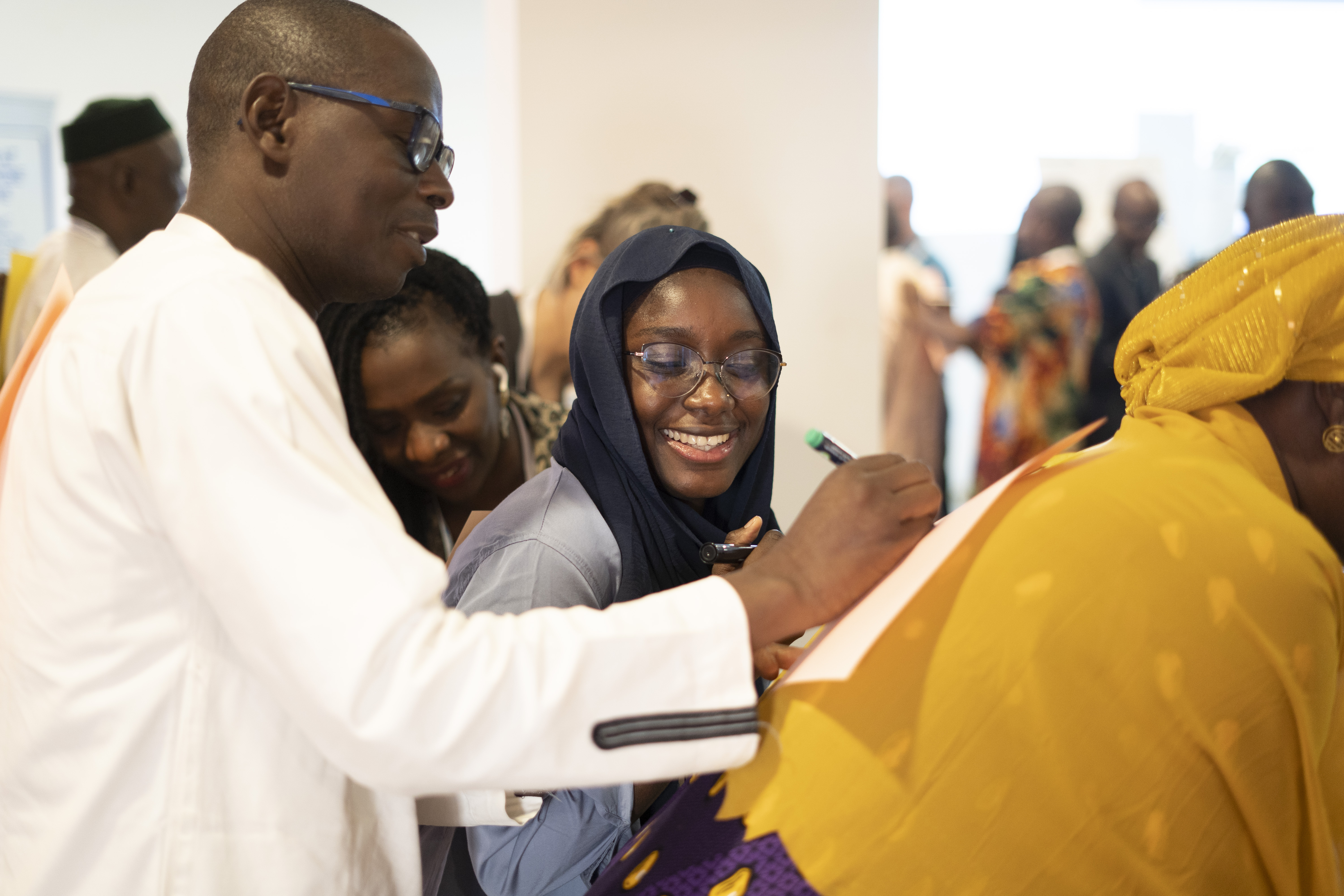
Four months after the workshop, in March 2024, UNGEI and Gender At Work brought the participants back together for a virtual meeting to share the progress made at country-level to advance gender-responsive planning. The country delegations revisited their action plans and shared what they had managed to implement, often referring to concrete strategies they had learned from other countries. In Congo, an intersectoral committee has been trained to develop a gender-focused GPE partnership compact. In Mali, a gender institutional committee had started advocating for the elevation of the Ministry of Education’s Girls’ Education Section to a National Directorate, complete with its own dedicated budget. In Egypt, follow-up training had led to awareness-raising activities in public schools, addressing harmful gender norms among students and parents. In some countries, UNGEI provided additional support to make progress on initial commitments. For example, in the Central African Republic, UNGEI, in collaboration with UNICEF, supported the Ministry of Education to conduct a gender assessment using the GES Toolkit. Seeing the low levels of gender equality surfaced through the assessment, the Ministry of Education committed to taking stronger action on gender-transformative education, among others, by developing the country’s first-ever national girls’ education policy. The results of the GES assessment will be used to inform the development of the policy. These examples highlight just a few of the significant changes resulting from the initial workshop and the sustained efforts at country-level.
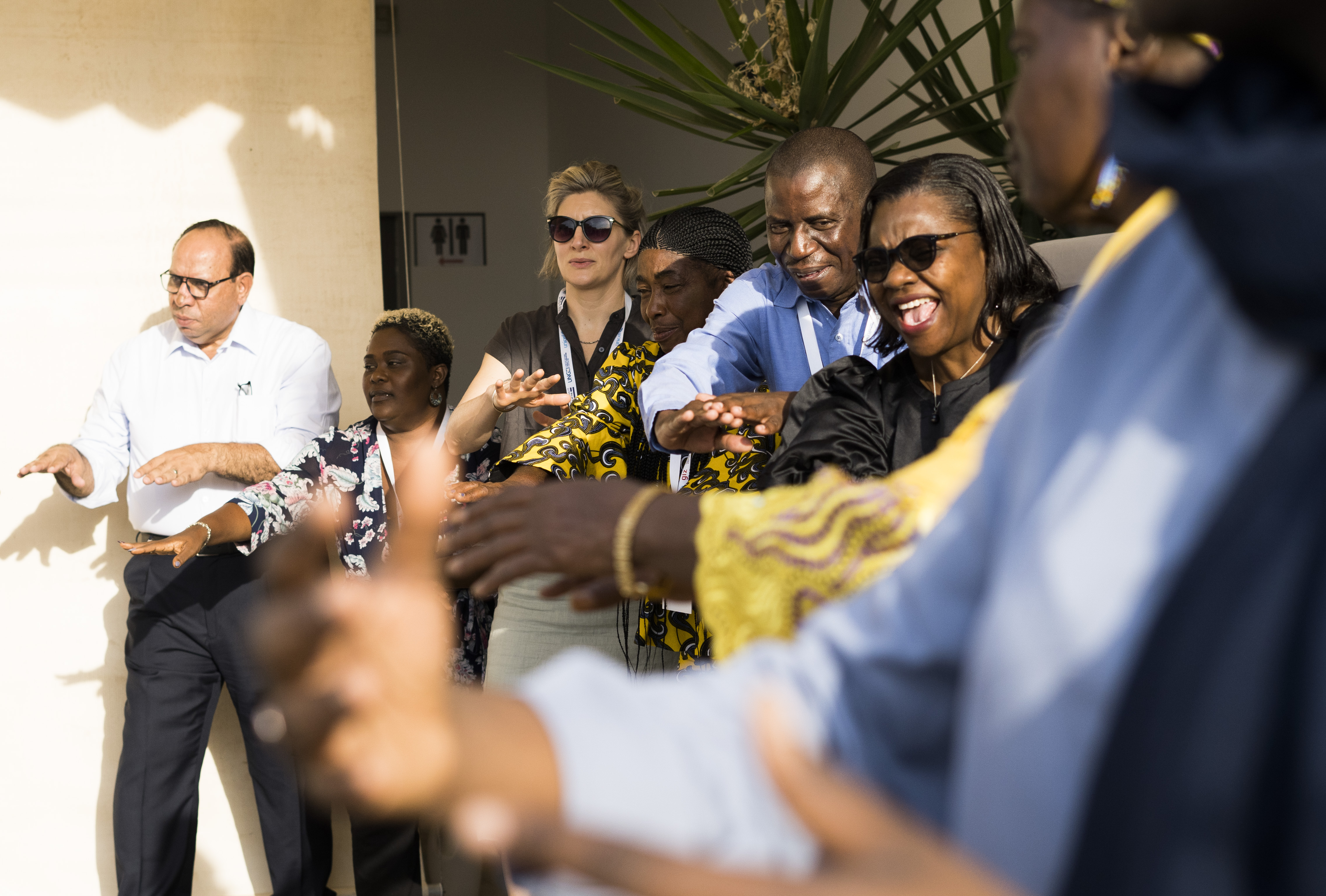
Building a community of gender champions
In the meantime, participants across the eight countries continue to share actions and experiences through a WhatsApp group, frequently inspiring and stimulating each other to keep up their important work. In November 2024, the group came together again in a virtual workshop, this time focusing on the specific topic of women’s leadership in education. Each country delegation had invited 5 more people from their country, thus leveraging the ripple effect of the GRESP community. Participants took the time to reconnect, listen to relevant research from the different countries, and share experiences and recommendations to support women teachers and school leaders.
What we learnt from this journey is that GRESP can serve as a stimulus and framework for collective action towards gender-transformative education systems. What started as a capacity building initiative grew into an active community of practice and concrete actions on the ground. The combination of personal commitment and technical know-how offered through the GRESP approach helped to put gender equality back on the agenda in several countries and move towards specific actions. UNGEI, through the Gender at the Centre Initiative, will continue to support this community to drive forward gender-transformative education in Africa.
